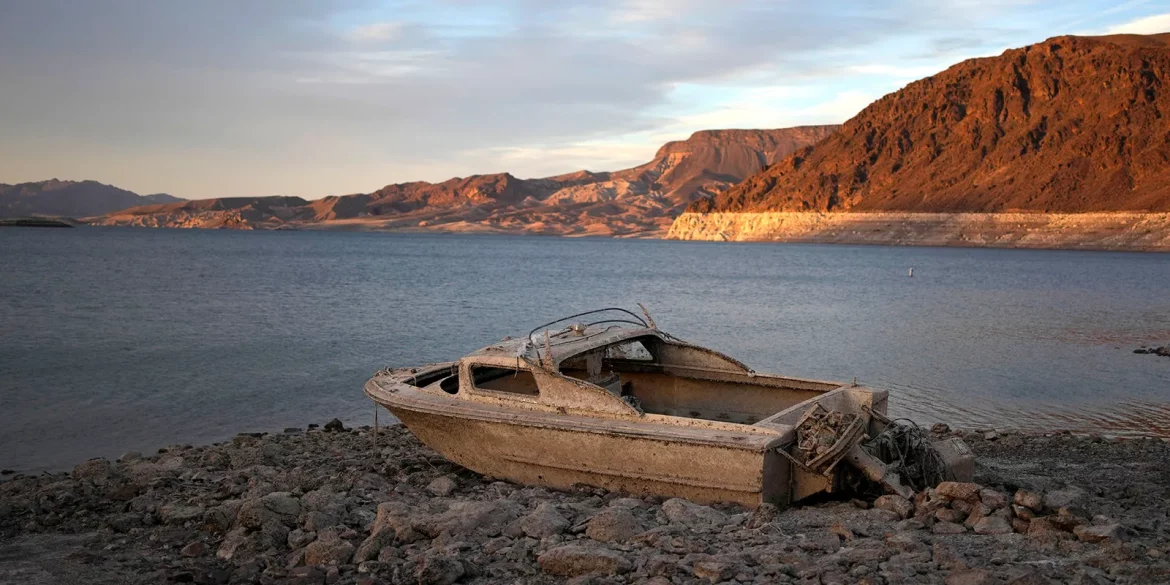The United Nations organized a global conference on the water for the first time in 46 years, giving new impetus to extensive efforts to manage water more sustainably, adapt to worsening droughts and floods due to climate change, and hasten solutions for the 2 billion people who are estimated to live without access to clean drinking water worldwide.
About 10,000 people, including national leaders and scientists, attended the conference this week in New York with a focus on addressing the many water-related issues facing the world and moving closer to the objective of providing everyone with access to clean drinking water and sanitary facilities.
“Water is humanity’s lifeblood,” U.N. Secretary-General António Guterres said. “But water is in deep trouble. We are draining humanity’s lifeblood through vampiric overconsumption and unsustainable use, and evaporating it through global heating. We’ve broken the water cycle, destroyed ecosystems, and contaminated groundwater.”
In what the United Nations called a “Water Action Agenda,” governments, nonprofit organizations, companies, and other entities made hundreds of commitments, including promises to address water scarcity in water-stressed areas and clean up lead-contaminated drinking water. A number of nations, including the US and Japan, promised to contribute billions of dollars to the development of water infrastructure.
Read Also: climate-change-experts-urge-farmers-to-adopt-various-adaptation-strategies
Discussions about nature-based solutions, such as rehabilitating river floodplains and coastal wetlands and tearing down concrete flood-control channels to allow runoff to recharge aquifers, were also heavily highlighted at the conference.
Leaders talked about ways to make water management more robust as a result of climate change are melting of glaciers, rising sea levels, and escalating droughts and floods. Since water is often a factor in natural disasters, U.N. officials said lowering risks should be a top concern.
Violence over water has increased as the lack of water has gotten worse in desert areas.
Peter Gleick, a climate scientist and co-founder of the Pacific Institute, presented research showing that over the last two decades, water-related conflicts have grown increasingly frequent, with more violence erupting over access to water in India, Iran, and other countries in the Middle East and Africa.
Story adapted from Los Angeles Times
